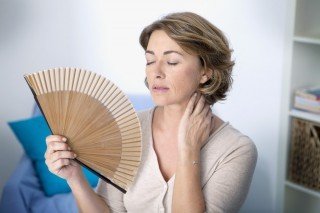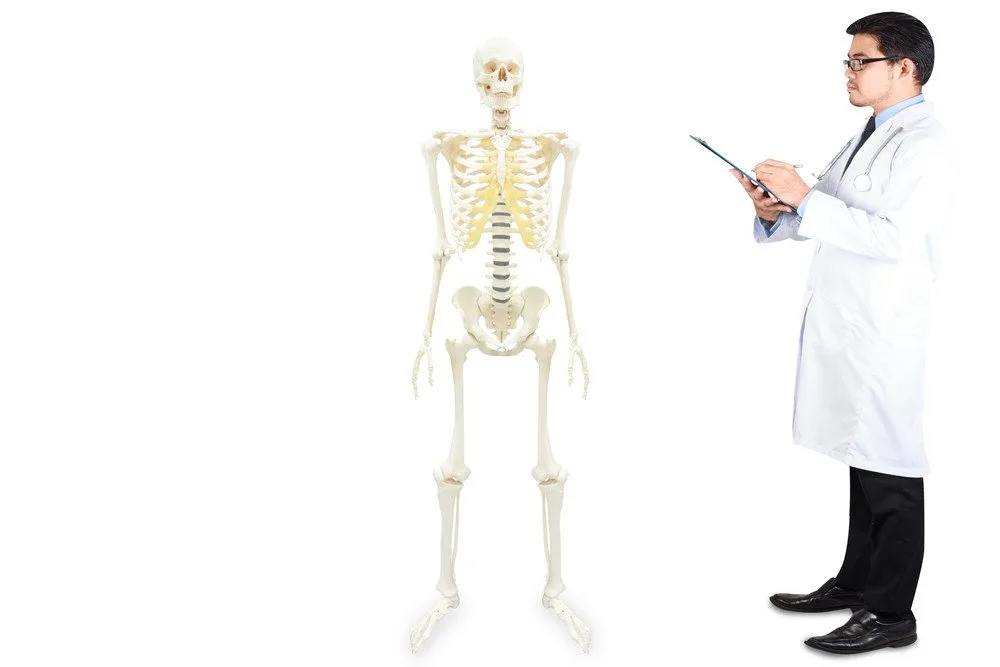Osteoporosis is a condition in which the bones become brittle from loss of tissue. This occurs as a result of a decrease in hormones or essential minerals as we age. Dr Stanley Lipschitz, a specialist in geriatric medicine, says menopause and osteoporosis are strongly connected.
“Bones are very dependent on estrogen. When a woman goes through menopause and her levels of estrogen lessen, the density and quality of bones may rapidly deteriorate.”
How fracture risk is measured
According to Lipschitz, while bone density is important, it is not the only risk factor. “When we test for a patient’s fracture risk, there are many other factors that have to be taken into account,” he says. These include age, previous fractures, low body weight, premature menopause, eating disorders, overactive thyroid, smoking and excessive drinking.
The preventive approach to osteoporosis
Lipschitz says premenopausal women should focus on a preventive approach, while postmenopausal women have to focus on both a preventive and curative approach.
Key factors for a preventive approach include:
• A healthy lifestyle;
• Moderate, but not excessive exercise
• Adequate protein;
• Adequate dairy or other sources of calcium;
• Avoiding cigarettes; and
• Avoiding alcohol.
The curative approach to osteoporosis
You should consult a specialist to ensure that you are on the right treatment plan. Researchers suggest that you consider the following points:
• Ensure a calcium intake of 1 000 – 1 500 mg per day;
• Take a daily dose of 400 – 800 IU of vitamin D per day; and
• Undergo BHRT rather than HRT.
Click here to find out what men’s risk of contracting this condition.
Your skeleton is your body’s support structure. Losing that support has numerous consequences for your quality of life. With a few simple preventive measures, you can ensure the strength of that support well into your senior years. Click here to find out how researchers are currently combatting this condition with anti-aging drugs.



![women [longevity live]](https://longevitylive.com/wp-content/uploads/2020/01/photo-of-women-walking-down-the-street-1116984-100x100.jpg)










